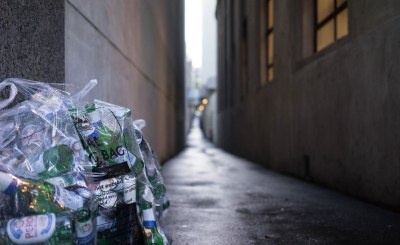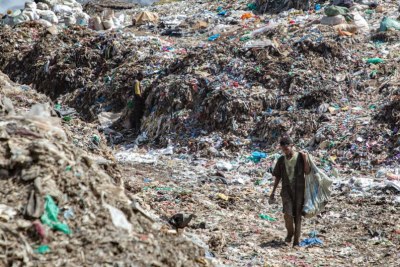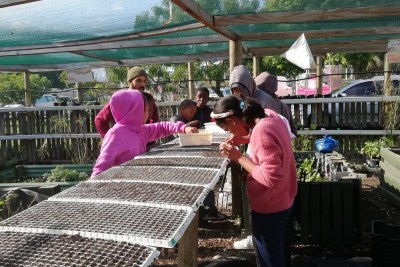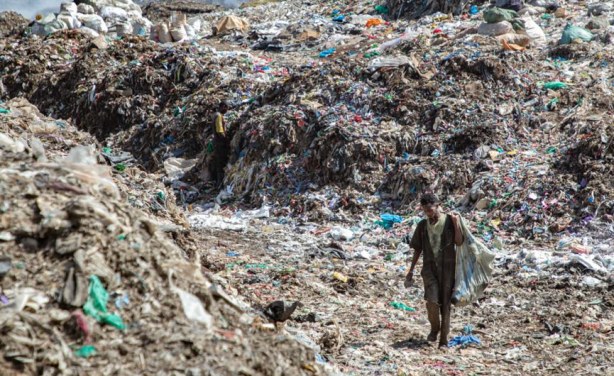-
Nigeria: How Nigerian Students Became 'Change Agents' in Solid Waste Management
The Conversation Africa, 12 September 2022
Nigerian cities aren't managing solid waste effectively. Waste has to be managed all the way from generation to storage, collection, transport, recycling, treatment and disposal.… Read more »
-
South Africa: Recycling is About So Much More Than Waste #AfricaClimateCrisis
allAfrica, 12 August 2022
Millions of waste pickers and reclaimers around the world search through disposed of goods in dumpsites, and landfills for valuable recyclable materials that many consider… Read more »
-
Africa: Africa's Solid Waste Is Growing, Posing a Climate Threat!
The Point, 29 July 2021
Sound and effective management of solid waste is still a thematic issue confronting many African countries. Read more »
-
Africa: Solid Waste Management in Africa - Governance Failure or Development Opportunity?
The Point, 16 February 2021
Waste management is a social, economic, and environmental problem facing all African countries. If the 2030 Agenda for sustainable development is to be achieved, sustainable waste… Read more »
-
Nigeria: Informal Waste Management in Lagos Is Big Business
The Conversation Africa, 12 January 2021
The megacity of Lagos has an estimated population of 24 million. And it's constantly growing, putting additional strain on a city that already has serious challenges. They include… Read more »
-
Nigeria: Timely National Policy On Solid Waste Management
Daily Trust, 20 July 2020
Last week the federal government approved a solid waste management policy which will help tackle the issue of disposal and utilisation of the massive solid waste generated in the… Read more »
How Nigerian Students Became 'Change Agents' in Waste Management
Nigerian cities aren't managing solid waste effectively. Waste has to be managed all the way from generation to storage, collection, transport, recycling, treatment, and disposal. But it is visible everywhere in the country's cities, presenting a major socio-cultural and environmental challenge, writes Chidi Nzeadibe for The Conversation.
The environmental education initiative in 2008 and 2014 used a combination of qualitative methods - focus group discussions and in-depth interviews with the students - and a review of policy documents. In 2014, the use of social media was introduced, and this had a significant impact on the students' environmental attitudes and behaviour. It enabled them to interact more effectively among themselves in ways that protect the environment. Curriculum change and the introduction of new teaching and research methods were part of the innovations that fostered robust conversation and academic rigour.
To assess the impact of the initiative, students were asked for their views during the 2014 event. Many identified themselves as "change agents" who could influence people's attitudes about waste. In this role, they said, they could create awareness about the "resource and cultural value of waste".
Some participants said there was a need to encourage more students to research sustainable solutions to the waste challenge. Pro-environmental behaviours such as "the 3Rs" (reduce, reuse and recycle) became buzzwords in their daily interactions.
Reducing paper and using email, Facebook and WhatsApp in their class communications became commonplace. Where paper had to be used, reuse was encouraged. In fact, recycling became a way of life among the students following this learning experience.
InFocus
-
Nigeria's economic hub, with a population of more than 15 million, generates an estimated 12,000 metric tonnes of waste daily, which comes to about 4.3 million ... Read more »
-
Recyclers play an important role in helping manage an integrated waste management system by stopping waste from entering landfills. ... Read more »





